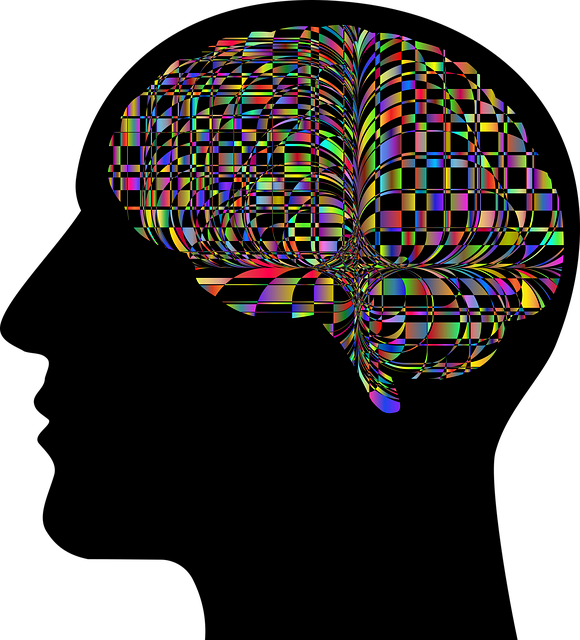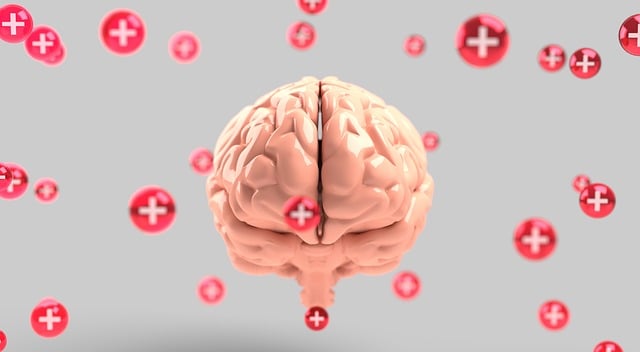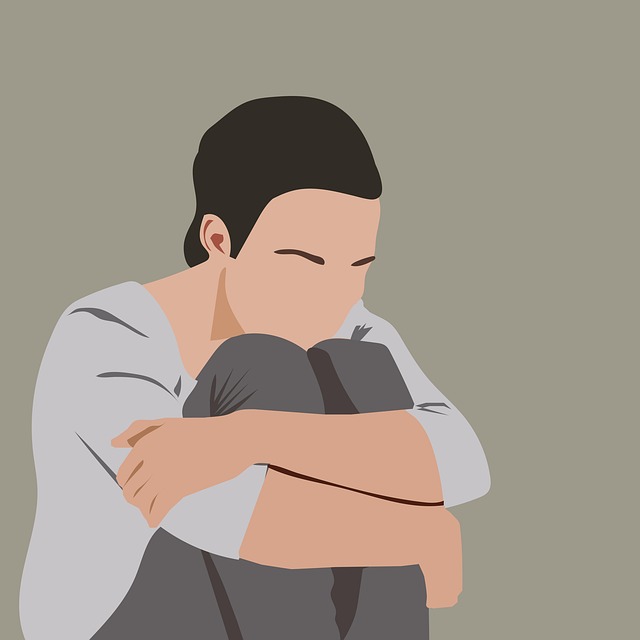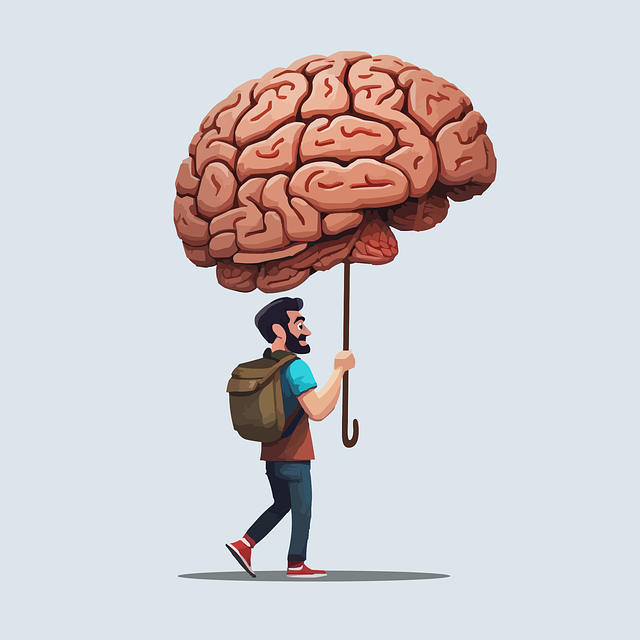Golden First Responders Therapy promotes effective coping skills for emotional well-being during challenging times, focusing on peer support, self-care, and mood management. By identifying personal "first responders" to trauma or stress, individuals can transform maladaptive reactions into healthy coping mechanisms. This therapy equips people with tools to manage triggers, develop positive thinking, and build resilience through consistent practice of stress reduction techniques like mindfulness meditation. Public awareness campaigns further support open conversations around mental health resources, breaking down barriers for those seeking assistance.
Coping skills are essential for navigating life’s challenges. In this article, we explore the development of these crucial abilities, focusing on understanding their significance and practical applications. We delve into the benefits of Golden First Responders Therapy, a revolutionary approach designed to empower individuals in managing stress and adversity. Additionally, we provide strategies for identifying personal coping mechanisms and offer a comprehensive guide to building an effective coping skills toolkit.
- Understanding Coping Skills and Their Significance
- The Role of Golden First Responders Therapy
- Identifying Personal Coping Strategies
- Building a Robust Coping Skills Toolkit
- Practicing and Maintaining Effective Coping Mechanisms
Understanding Coping Skills and Their Significance

Understanding coping skills is crucial for overall well-being, especially during challenging times. These skills are essentially our personal tools to navigate and overcome life’s obstacles. Golden First Responders Therapy emphasizes that developing a robust set of coping mechanisms can significantly enhance resilience, allowing individuals to respond effectively to stressful situations. By fostering inner strength development, positive thinking becomes an ally in the face of adversity.
The concept revolves around teaching individuals to manage their emotions, thoughts, and behaviors, enabling them to adapt and bounce back from difficult experiences. Mind over matter principles play a pivotal role here, encouraging people to take control of their mental state. Through various techniques, one can cultivate positive thinking, which is a powerful coping skill that helps in maintaining perspective, promoting self-care, and fostering a sense of calm even amidst turmoil.
The Role of Golden First Responders Therapy

Golden First Responders Therapy is a revolutionary approach designed to help individuals cope with traumatic events and stress. This therapy focuses on providing immediate support, often in the form of peer-to-peer assistance, to those who have experienced or are witnessing distressing situations. By leveraging the power of human connection, this method facilitates a sense of safety and belonging, which is crucial for healing.
Incorporating Self-Care Practices within Golden First Responders Therapy ensures that individuals not only receive immediate assistance but also learn sustainable strategies for managing their mental health. Community Outreach Program Implementation plays a vital role in expanding the reach of this therapy, making it accessible to a wider range of people. Additionally, effective mood management techniques are integral to the process, helping individuals regulate their emotions and maintain resilience in the face of adversity.
Identifying Personal Coping Strategies

Identifying Personal Coping Strategies is a crucial step in one’s journey towards emotional well-being. This process involves recognizing what works best for an individual when facing challenging situations or overwhelming emotions. Every person has their unique way of coping, and understanding these personal strategies can be empowering. It allows individuals to build resilience and navigate life’s storms with greater ease. By paying attention to one’s automatic reactions and behaviors during stressful events, a pattern of coping mechanisms emerges.
Golden First Responders Therapy offers valuable tools for identifying these strategies. Through this therapeutic approach, individuals learn to recognize their initial responses to trauma or stressful situations, often referred to as “first responders.” These first responders can include both adaptive and maladaptive coping mechanisms. Empathy Building Strategies, a key component of Golden First Responders Therapy, helps clients develop a deeper understanding of themselves and others, fostering healthy emotional healing processes. Trauma Support Services can provide the necessary tools to transform these first responses into more effective coping skills, ensuring individuals are better equipped to handle future challenges.
Building a Robust Coping Skills Toolkit

Building a robust coping skills toolkit is essential for navigating life’s challenges and maintaining mental well-being. This involves equipping oneself with various strategies to manage stress, anxiety, and difficult emotions. One effective approach is incorporating techniques from First Responders Therapy (a golden standard in trauma care). This therapy teaches individuals to recognize their triggers, develop healthy coping mechanisms, and foster positive thinking. By learning to acknowledge and process emotions, individuals can transform their responses to stressful situations.
In the context of developing coping skills, public awareness campaigns play a significant role in educating people about available resources and techniques. These campaigns contribute to breaking down mental health barriers by encouraging open conversations around stress management. Through accessible information and support systems, individuals can take proactive steps towards building resilience and enhancing their ability to cope with life’s curveballs.
Practicing and Maintaining Effective Coping Mechanisms

Developing coping skills is a process that requires consistent practice and dedication. Once individuals learn effective strategies through therapies like Golden First Responders Therapy, it’s crucial to integrate these mechanisms into their daily routines for optimal maintenance. Regularly practicing stress reduction methods, such as mindfulness meditation, can help solidify these coping techniques, ensuring they remain readily accessible when needed.
Trauma support services often emphasize the importance of consistent self-care and grounding exercises to strengthen an individual’s ability to manage challenging situations. By allocating dedicated time for activities that promote mental well-being, one can prevent the erosion of newly acquired coping skills. Incorporating stress reduction practices into daily life fosters resilience, enabling individuals to effectively navigate future obstacles and maintain a sense of equilibrium.
Coping skills are essential tools for navigating life’s challenges. By understanding their significance and employing effective strategies, individuals can enhance their resilience and overall well-being. The article has explored various methods, including the benefits of Golden First Responders Therapy, to help readers identify and build a personalized coping skills toolkit. Through consistent practice and maintenance, one can master these mechanisms, fostering a healthier and more balanced life.












